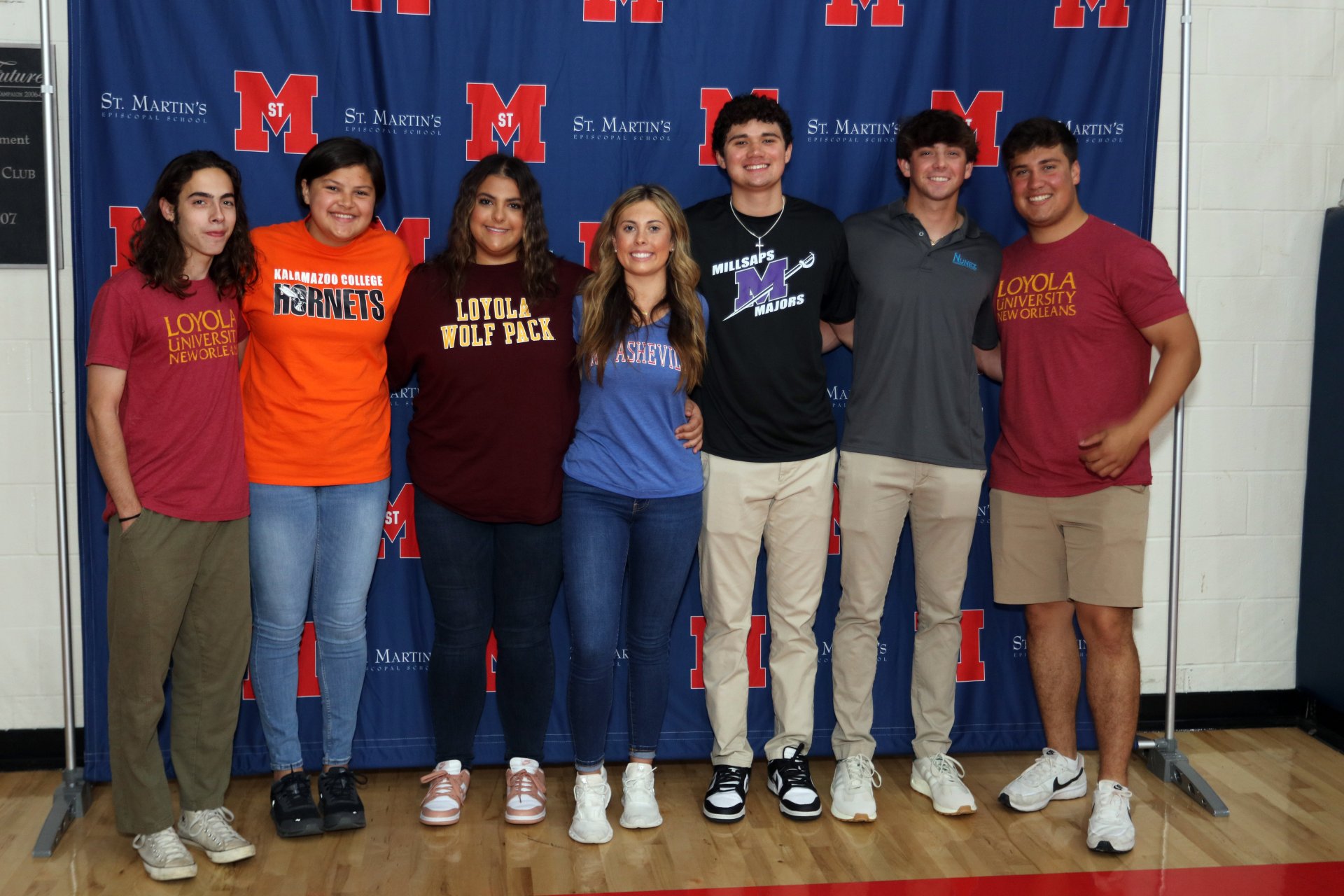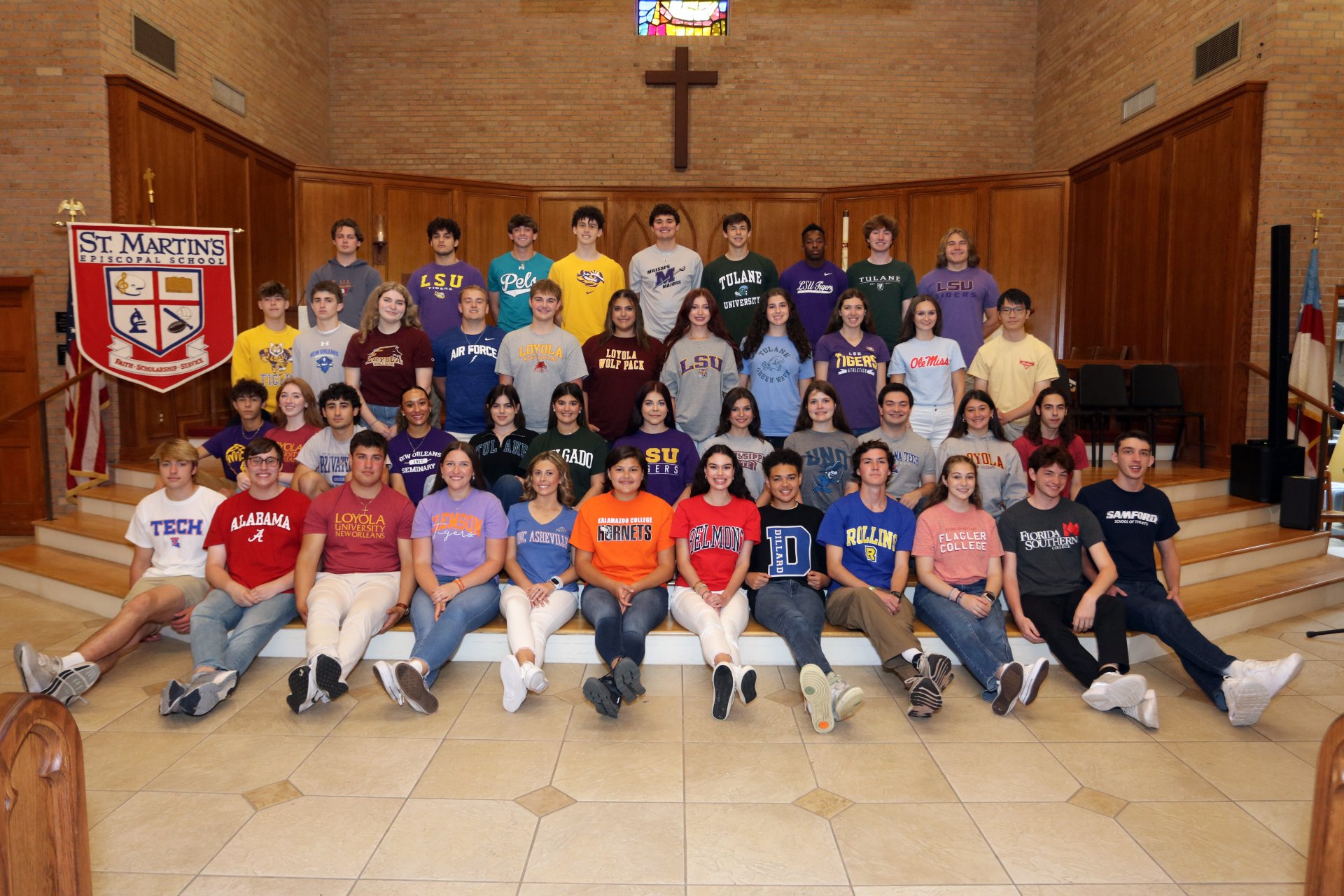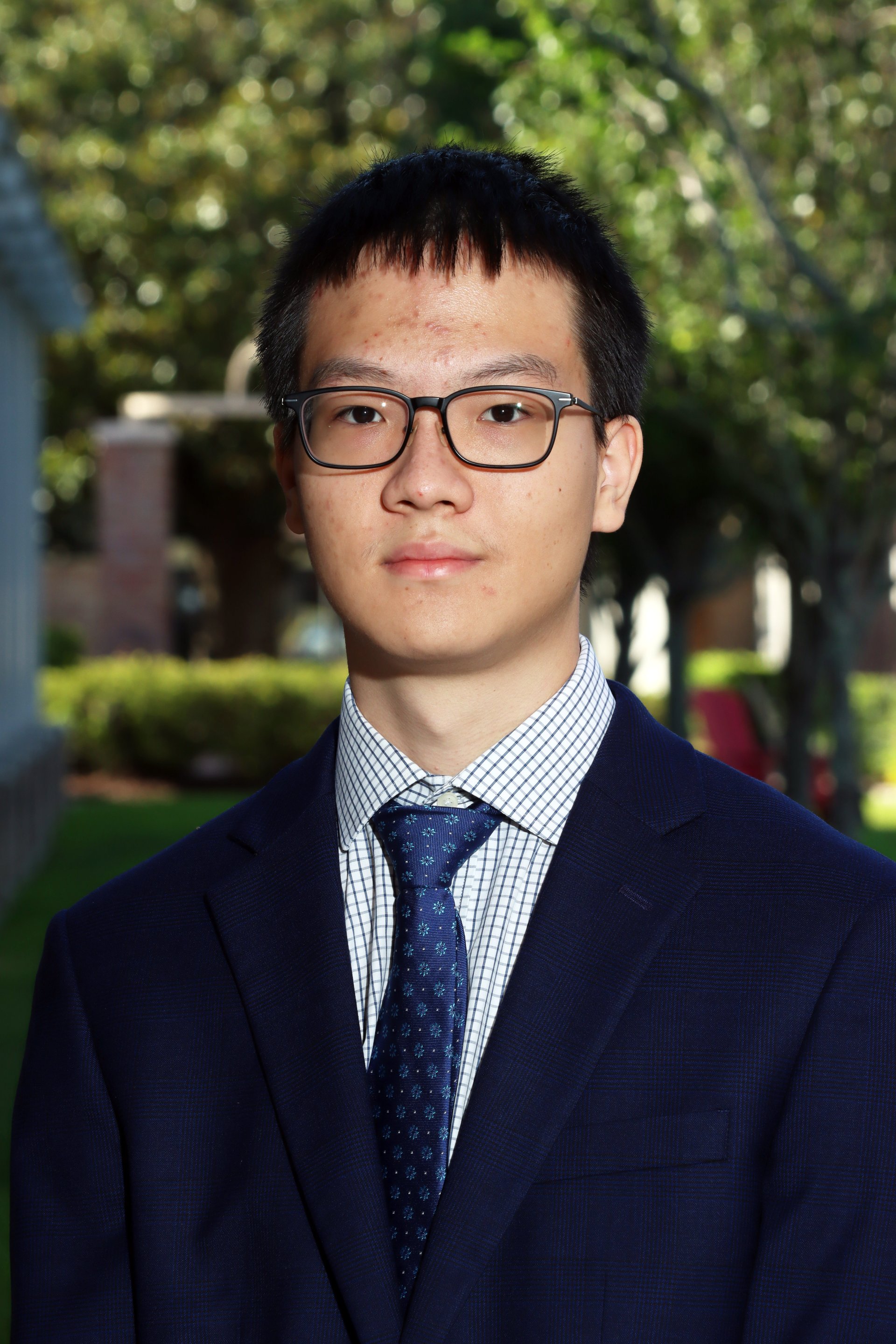St. Martin’s Senior Bo Fan Hua Finishes in Top 10 of the After-The-AP National Data Science Championship
August 21st, 2023

“All of us at St. Martin’s are exceedingly proud of Bo Fan Hua,” said Head of School Whitney Samuel Drennan. “It is an incredible achievement, and one that we believe is reflective of our curriculum. At St. Martin’s, our students are encouraged to think critically and collaborate with each other to solve real-world challenges.”
In collaboration with Data Science 4 Everyone at The University of Chicago, North Carolina State University Data Science Academy, and the CourseKata platform, Skew the Script — a nonprofit education initiative led by a collaborative of AP Statistics teachers — organized a national Data Science challenge for high school students, to follow their AP examinations.
This past school year, competitors had to predictively evaluate a critical life question for many graduates: Which colleges or universities will give the greatest return on financial investment, or “pay off” the most? The prompt challenged participants to build the best possible model for predicting student loan default rates at different colleges across the country.
Leveraging data from the U.S. Department of Education’s College Scorecard and IPEDS portals, students filtered, analyzed, modeled, visualized, and communicated complex data on U.S. colleges and universities. The mission was to conquer the college debt problem by maximizing financial return and minimizing the likelihood of defaulting on student loans.
The College Scorecard data set is large and complex: students were tasked with navigating a portion of the data, focusing on 26 different variables across 4,435 colleges; they were encouraged to carefully choose which information was valuable to include and exclude in their final submissions. Most students had minimal programming experience — having recently completed an AP Statistics course. And they had two weeks, at most, to find a good answer.
Despite these challenges, over 80% of participants completed all components of the project. The levels of commitment and engagement demonstrated that even highly technical data science skills are accessible to high school students. Furthermore, when those skills are used to analyze problems that are genuinely relevant, the students will engage deeply with the investigation process.
Using Jupyter Notebooks and R, an open-source statistical software, competitors engaged in complex data analysis techniques applying digital technology, advanced algebra, and complex statistical techniques. For students to succeed in the challenge, mastery of linear regression, polynomial regression, the basics of machine-learning (artificial intelligence), and the intuition of calculus were all essential.
Other articles to consider
 May8Softball and Baseball Athletes Earn District 10-1A Recognition
Congratulations to seve...See Details
May8Softball and Baseball Athletes Earn District 10-1A Recognition
Congratulations to seve...See Details May7Spring Athletes Recognized at Athletic Awards Ceremony
Many high-achieving Sai...See Details
May7Spring Athletes Recognized at Athletic Awards Ceremony
Many high-achieving Sai...See Details May6Seniors Ready Themselves for Graduation and Celebrate Time-Honored StM Traditions
In a little more than t...See Details
May6Seniors Ready Themselves for Graduation and Celebrate Time-Honored StM Traditions
In a little more than t...See Details May6Saints Finish in Second Place of Year-Long Stock Market Game Competition
The team of Alex Diaz �...See Details
May6Saints Finish in Second Place of Year-Long Stock Market Game Competition
The team of Alex Diaz �...See Details
Categories
Recent Articles
- 05/8/24Softball and Baseball Athletes Earn District 10-1A Recognition
- 05/7/24Seventh Grade Performs "Ricitos de Oro y Los Tres Osos" for George Cottage 3s
- 05/7/24Spring Athletes Recognized at Athletic Awards Ceremony
- 05/6/24Seniors Ready Themselves for Graduation and Celebrate Time-Honored StM Traditions
- 05/6/24Saints Finish in Second Place of Year-Long Stock Market Game Competition
- 05/3/24Marti Awards Celebrate Performing Arts Students
- 05/2/24Senior Passes Along Doorkeeper Tradition
- 05/1/24Second Grade Hosts Collection Drive for Jefferson SPCA
- 04/30/24Students Help Fellow Saints Through NHS Tutoring Program
- 04/30/24Seventh Grader Shares Story of Passover and Seder Meal with Classmates










